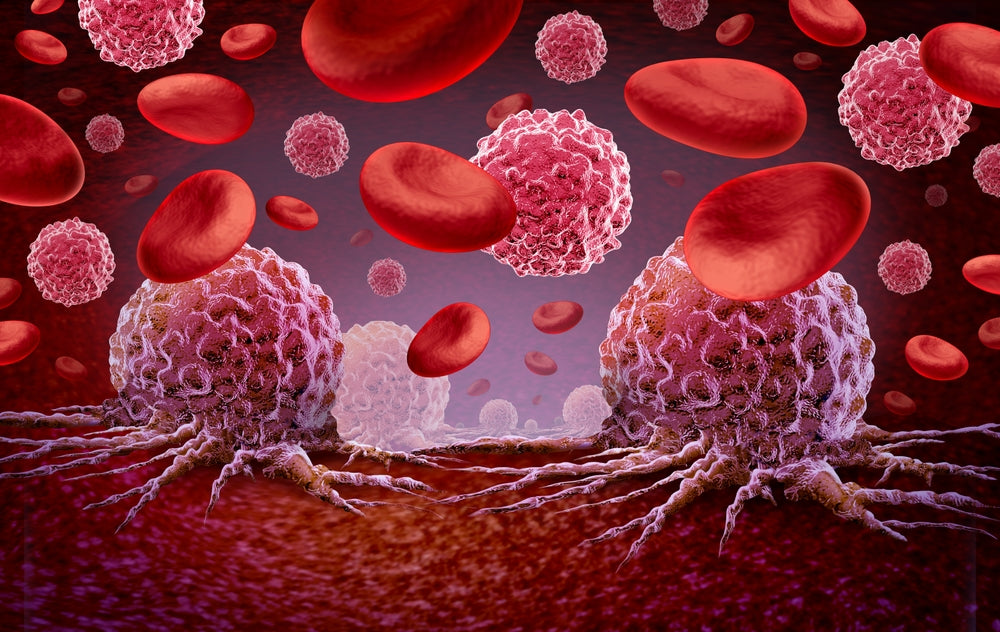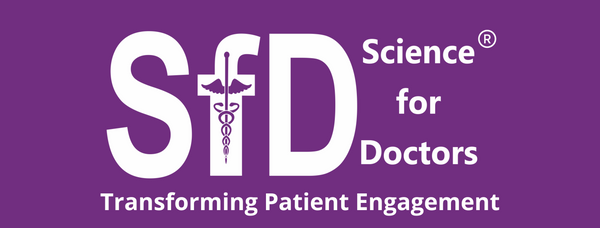
Understanding Cancer: Causes, Prevention, and Advances in Treatment
Share
Cancer is one of the most significant health challenges of our time, affecting millions of lives worldwide. Despite its complexity, advances in research and treatment have offered hope and improved outcomes for many patients. In this blog, we’ll delve into what cancer is, its common causes, ways to prevent it, and the latest advancements in treatment.
What is Cancer?
Cancer occurs when cells in the body grow uncontrollably and invade surrounding tissues. These abnormal cells can form tumors, which may be benign (non-cancerous) or malignant (cancerous). Malignant tumors have the potential to spread to other parts of the body through a process called metastasis.
Common Causes of Cancer
While the exact cause of cancer often varies from person to person, several risk factors have been identified:
- Genetic Factors: Family history plays a significant role in certain cancers, such as breast and ovarian cancer. Mutations in specific genes can increase susceptibility.
- Lifestyle Choices: Smoking, excessive alcohol consumption, poor diet, and physical inactivity are significant contributors to cancer risk.
- Environmental Exposures: Prolonged exposure to carcinogens like radiation, asbestos, and certain chemicals can increase the likelihood of developing cancer.
- Infections: Viruses like HPV (human papillomavirus), Hepatitis B and C, and Helicobacter pylori are linked to specific types of cancer.
Prevention Tips
Preventing cancer involves making healthy lifestyle choices and minimizing exposure to risk factors. Here are some actionable steps:
- Adopt a Healthy Diet: Include fruits, vegetables, whole grains, and lean proteins in your diet. Limit processed foods and red meat.
- Stay Physically Active: Aim for at least 150 minutes of moderate exercise each week.
- Avoid Tobacco and Limit Alcohol: Smoking is linked to lung and many other cancers, while excessive alcohol increases the risk of liver, throat, and breast cancer.
- Protect Your Skin: Use sunscreen and avoid prolonged sun exposure to reduce the risk of skin cancer.
- Get Vaccinated: Vaccines like those for HPV and Hepatitis B can help prevent cancers caused by these infections.
- Regular Screenings: Early detection through screenings like mammograms, colonoscopies, and Pap smears can catch cancer at a more treatable stage.
Advancements in Cancer Treatment
Medical research has transformed cancer treatment over the years. Today, several innovative approaches are available:
- Targeted Therapy: Drugs designed to target specific molecules involved in cancer growth, minimizing harm to healthy cells.
- Immunotherapy: Treatments that boost the body’s immune system to fight cancer cells more effectively.
- Precision Medicine: Tailored treatments based on a patient’s genetic makeup, ensuring a personalized approach to care.
- Minimally Invasive Surgeries: Techniques like laparoscopic and robotic surgeries reduce recovery time and complications.
- Advanced Radiation Therapy: High-precision radiation targets tumors with minimal damage to surrounding tissues.
Looking Ahead
While cancer remains a formidable challenge, continuous research is paving the way for better prevention, earlier detection, and more effective treatments. Advances in technology and a deeper understanding of the disease are giving patients more hope than ever before.
By taking proactive steps to reduce risk and staying informed about treatment options, we can collectively work toward a future where cancer is more manageable and, one day, curable.
